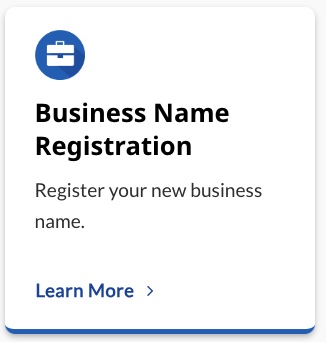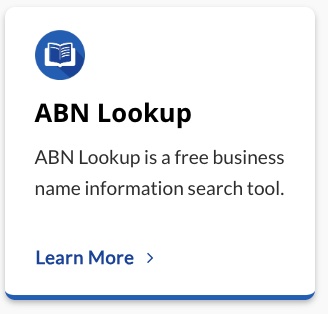The impact of technology on education has made significant strides in recent years. The development of new tools is creating an environment where educators can tailor teaching methods for individual students, allowing them to excel in ways that traditional classroom settings may have restricted.
The world of online learning is expanding, and in turn, breaking down geographical barriers and creating inclusive learning environments for individuals around the world. Online education provides flexibility and adaptability to learners, allowing them to learn at their own pace, on their own time. Students in rural or remote areas can now easily access education opportunities that were once limited due to their location.
Kids today, known as digital natives, are growing up in technology-rich environments. This makes them more adept at learning through digital devices, such as computers and tablets. When technology is used correctly, it can make learning more engaging and interactive, which leads to increased retention of knowledge. These technology-enabled platforms often come in the form of educational apps, websites, and games that are designed to stimulate learning in an entertaining way.
Further, technology is a powerful tool when used for communication between students, teachers, and parents. The traditional model of parent-teacher meetings and report cards is being enhanced through online portals and platforms. These platforms allow for real-time tracking of a student’s progress, creating a channel for consistent feedback and transparency.
However, with the advances in technology, there’s also a need for students to learn important digital literacy skills. That means being able to evaluate the reliability of information found online, understanding how to stay safe on the internet, and being good digital citizens – respectful and responsible in their online interactions.
The world is quickly moving towards a tech-dominated society, and for students to thrive in such an environment, they need to be digitally prepared. Inclusive technology integration in education paves way for more engaging, innovative, and personalized learning experiences. But, it’s equally important for educators and parents to ensure students develop strong digital literacy skills to navigate and succeed in the digital world.
In conclusion, technology has become an invaluable tool in the realm of education. Despite the challenges, the benefits of integrating technology into education far outweigh any potential issues. Whether it’s breaking down geographical barriers or making education more personalized and interactive, technology is truly revolutionizing how we learn.
Register your new business name at register.biz.au


